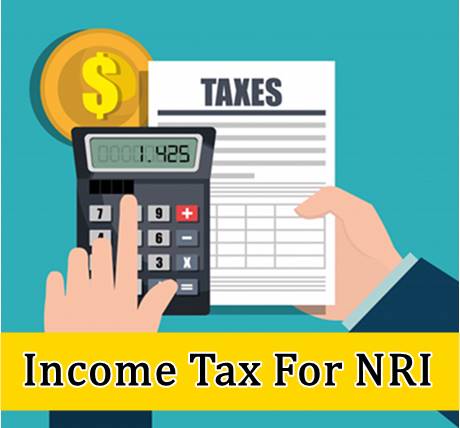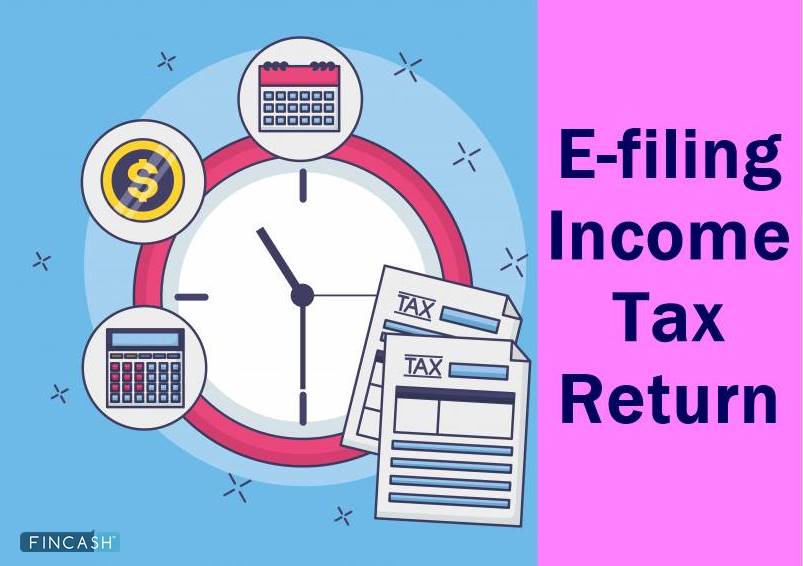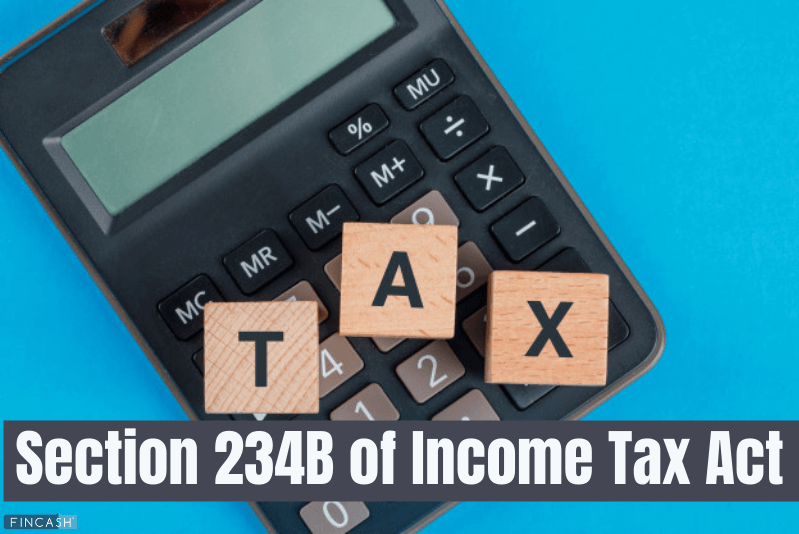
Table of Contents
Understanding Income Tax for NRI
The investigation team of the Income-tax department is now assessing the residential status of NRIs with a fine-tooth comb. Several NRIs, so far, have received notices from the department in order to reopen tax assessment. In such a scenario, understanding what NRI status is and NRI interest taxability is extremely important. Let’s find out more in this post.

The NRI Tax System
Before diving deeper, it is essential to understand income tax rules for NRI and how an Indian living abroad is accountable to pay Taxes. According to the Foreign Exchange Management Act (FEMA), an Indian is considered an NRI if he/she has spent a certain amount of time abroad, while subsequently being absent from India.
A resident can attain NRI status by staying more than 182 days at overseas. The law also states that a person is a ‘resident’, if he has been in India for more than 60 days in the year and 365 days during the 4 years prior to that year.
Rules and Regulations
In comparison to residents, rules for NRIs vary considerably.
- NRI income tax slab rates depend upon Earnings and not the age, gender, etc.
- Tax filing is not always required
- For tax deducted on the source, all the incomes are levied
Is the Income Earned Outside India Taxable?
Taxes on income within the country majorly depend upon the residential status of the person for that year. If you are a resident of India, everything earned as an income is taxable. For NRIs, on the other hand, the income accrued or earned in India is taxable. Any income more than Rs. 2,50,000 is taxable.
Talk to our investment specialist
How is the Income of an NRI Taxed in India?
Being a non-resident Indian (NRI), if your salary is accrued in India, it is taxable. The income will be taxed as per your slab rate. Following are certain income types that are taxable as per the Indian laws:
1) Salary income
Despite being an NRI, if your salary is paid in regards to any service provided in India, it shall be taxed. Further, if your employer is an Indian government and you are the citizen of the country, even if you are accruing income by providing services outside the country, it will be taxable. Keep in mind that the income of Ambassadors and Diplomats are exempted from taxation.
2) Income from residential property
Being an NRI, if you have a property situated in India and are earning an income, it is taxable. The calculation of this income is similar to that of a resident’s. Further, you can also claim an average Deduction of 30%, deduct taxes of property, and gain advantages of an interest deduction in case you have a Home Loan.
Also, if you have a tenant, whether he is paying the rent in your Indian account or the one situated abroad, he is eligible to deduct 30% as TDS. You are also eligible to get a deduction for principal repayment under 80C. During the purchase of the property, if you have paid for the stamp duty and registration charges, you can also claim the same under 80C.
3) Income accrued from other sources
The other sources include income from savings accounts and fixed deposits held in banks situated in India. Such incomes are taxable as per the law. Further, interest accrued on FCNR and NRE is free of tax. Interest earned on NRO account, on the other hand, is completely taxable for an NRI. Also, if you have a business or profession set up in India and you are earning income from it, it will be then taxable accordingly. Moreover, if you are transferring any Capital asset or are earning anything from the capital, the amount shall be taxable.
Investments and Deductions
Under section 80 of the income tax department, no deduction is allowed while calculating certain investments from which income is derived in foreign currency, such as:
- Stocks in a public or private Indian company
- Deposits with public companies or banks
- Debentures by a publicly-listed Indian company
- Central government’s security
- Any other asset of the central government
Exemptions and Deductions for NRIs
Just like residents, even NRIs are entitled to claim exemptions and deductions from their income. Some of them are mentioned below:
Deductions under Section 80C
As per the FY 19-2020, NRIs can claim a deduction up to Rs. 1.5 lakhs under Section 80C from the total income. These deductions include:
- Life Insurance premium payment
- Children’s tuition fee
- Principal repayments on house loan
- Unit-linked insurance plans (ULIPS)
- ELSS investments
Wrapping Up
Before you begin filing the taxes, it is essential to comprehend whether or not you are considered an NRI as per the guidance provided by the Foreign Exchange Management Act (FEMA). After that, you can consider the pointers above to decide which ITR for NRI would suit your category.
All efforts have been made to ensure the information provided here is accurate. However, no guarantees are made regarding correctness of data. Please verify with scheme information document before making any investment.












